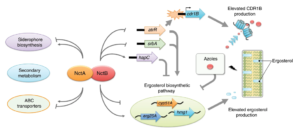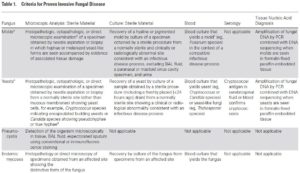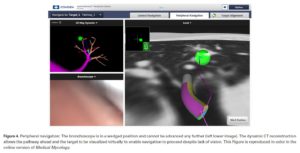Submitted by GAtherton on 17 May 2017
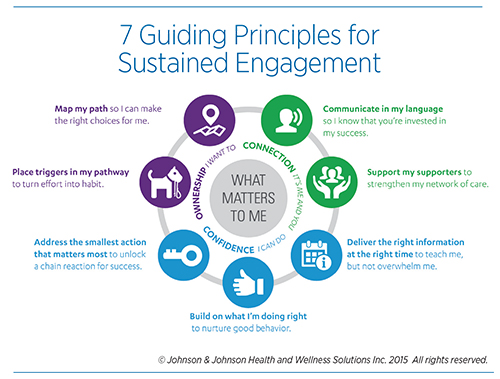
Patient engagement and involvement in their own care is intended to improve their care and consequent health outcomes. It does this by breaking down barriers of communication between clinical staff and patients, and patients with other patients. A clinician that might at one time have asked a patients what the problem was and then issued a prescription with advice on taking the medication as they are shown the door is rapidly being consigned to the past. A more engaging exchange might offer a treatment strategy along with appropriate advice on risk and then discuss with the patient what they felt the best way to proceed might be – in this way the care plan is worked on together. Other members of the clinical team may also contribute important parts of the overall plan. This has benefits in that the patient may now emerge with a better understanding of what they are being required to do and what to do if all does not go well – they can self manage symptoms, medication and crises! They may also depart with a much better and more positive impression of their clinical team and thus a more positive hope for the future success of their treatment.
The availability of the World Wide Web means that most patients can quickly find details on their condition, what the diagnostics used mean and what the treatment does, complete with prognosis and possible outcomes.
Social media makes social support readily available for even quite obscure illnesses where the only other people with the same illness live far away in other countries – such support is very good at decreasing anxiety and even disseminating alternate clinical advice!
A recent article in the New England Journal of Medicine (NEJM) points out that despite all this technology being very effective it is still important that the care team take an active role and work with the technology to improve quality of care. The technology helps reduce the cost & time required of the care team when improving care in partnership with the patient. In the US use of social media & networks is still fairly minimal and we can suppose that thinks are generally not much different in the UK and other parts of the world.
There are some examples of more extensive engagement benefitting quality of care. At the National Aspergillosis Centre (NAC) in Manchester, UK we make extensive use of social networking, social media and online information resources to reach a widely spread population of patients and to help spread awareness of chronic aspergillosis. The rarity of the illness makes online resources the only way we can reach many of our patients outside of clinic. The level of specialisation required to treat some types of aspergillosis is very concentrated in one or two places in the world and we find that not only do many of our patients think more carefully and get great depth of understanding of their complex disease after being presented with a detailed account of current clinical options, they become ‘aspergillosis evangelists’ helping spread awareness of the different treatment options back to their GP’s in a health service where direct communication with networks of GP’s is difficult and costly. After 8 years of operation we have a set of ‘expert patients’ that help us moderate some of our social groups and promote good ‘self-support’.
These engagement activities are manned by a member of staff every day of the week, communicating, encouraging, advising in an approachable informal manner to drive forward involvement in care. As suggested in the NEJM article it is very important that clinical staff engage in this process in order to maximise the benefits to the patient and the clinical service. We believe that NAC has close to 100% reach with our activities and >55% engagement with online support alone with our patients, and many more non-patients.
The benefits to quality of care are many in ways we cannot count. The success of enhancing patient engagement is illustrated by 98-100% approval ratings of our doctors and clinical team, 98% approved of clarity of answers to questions and approving comments were made such as “In every situation I knew what was happening” and “Care and friendliness.”
Engagement is clearly worth the effort – and can be cost effective too!
News archives
-
Title
Date

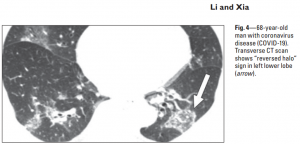


 ,
,  ,
, 
